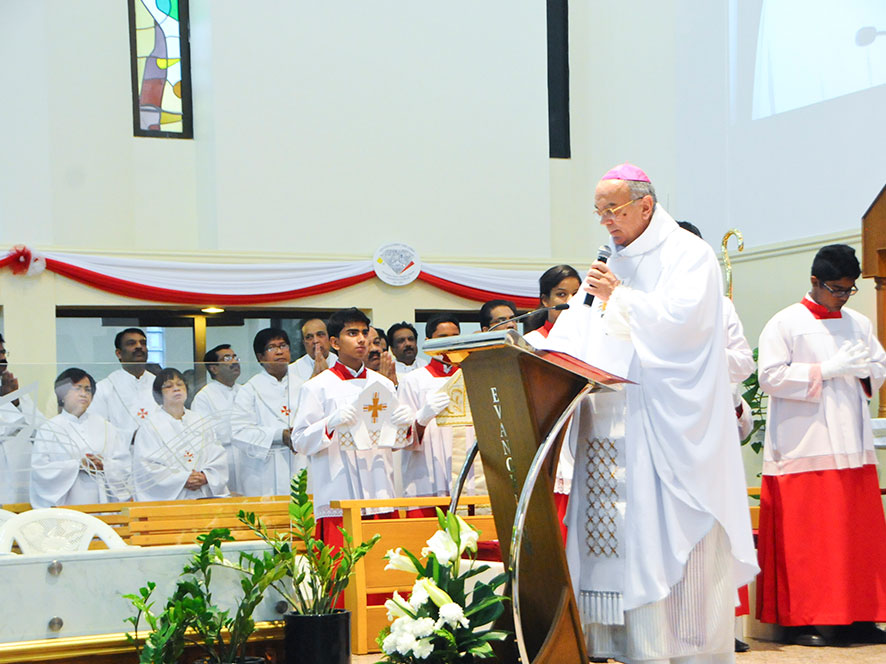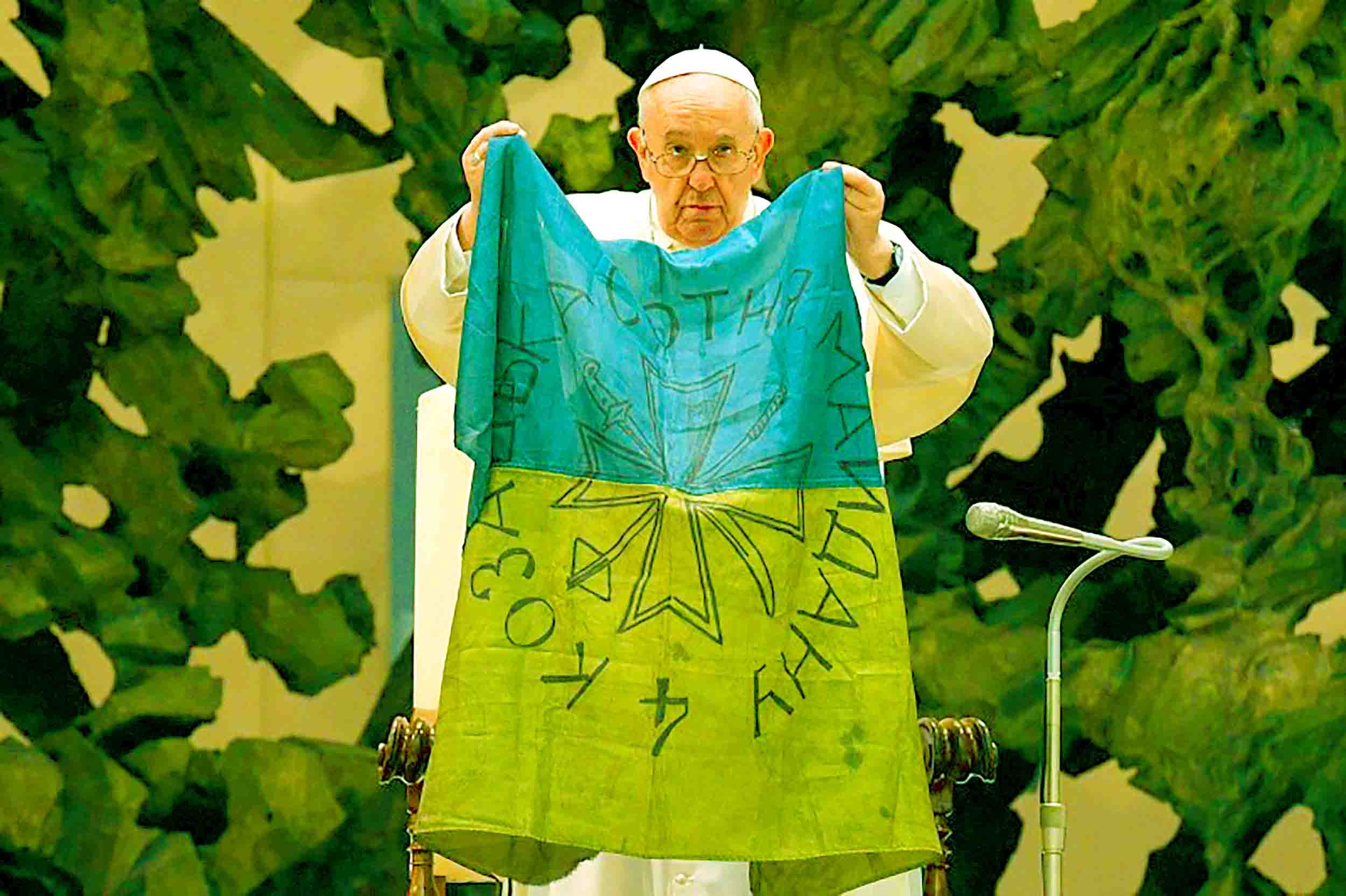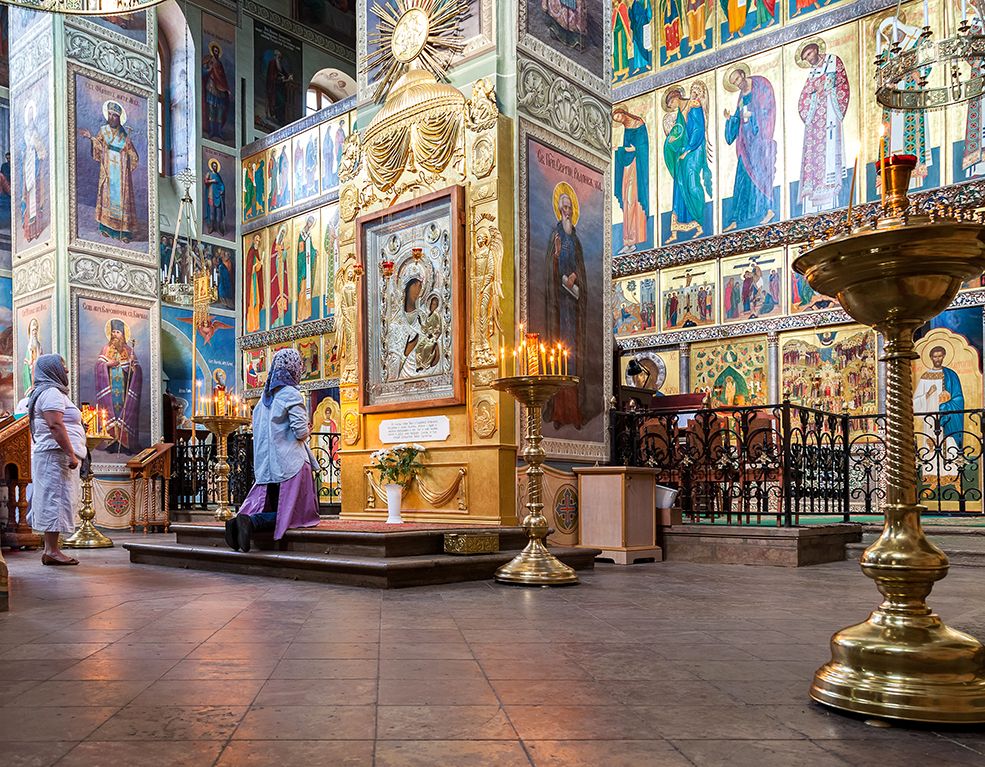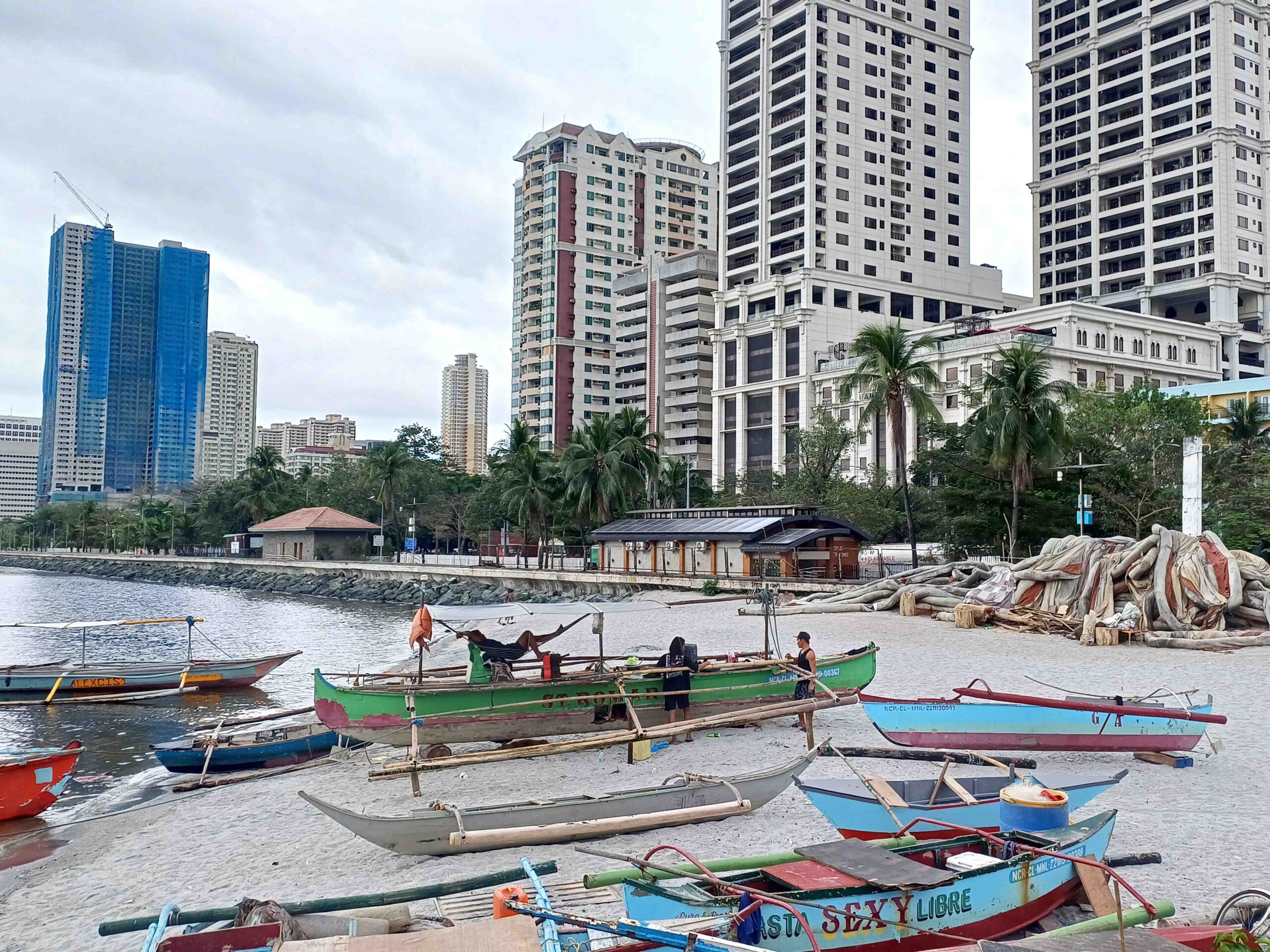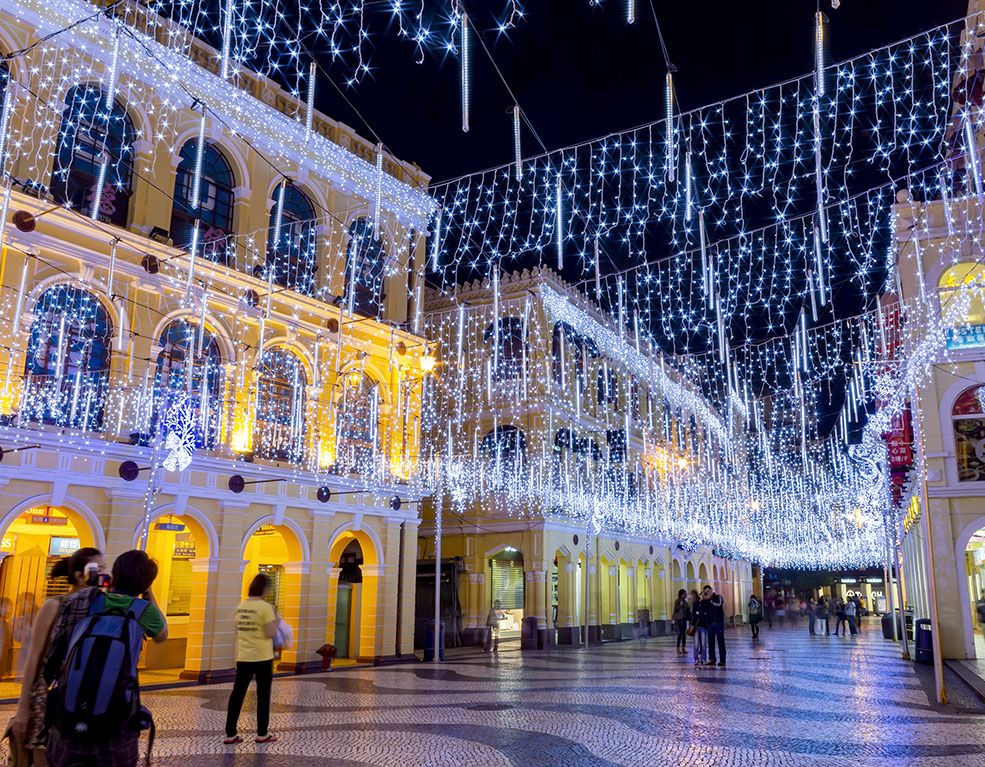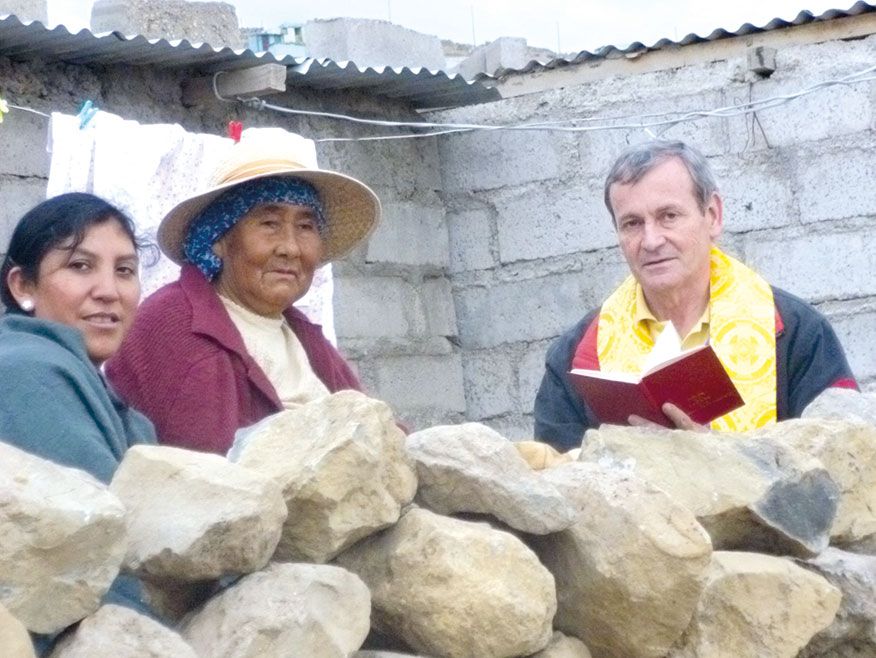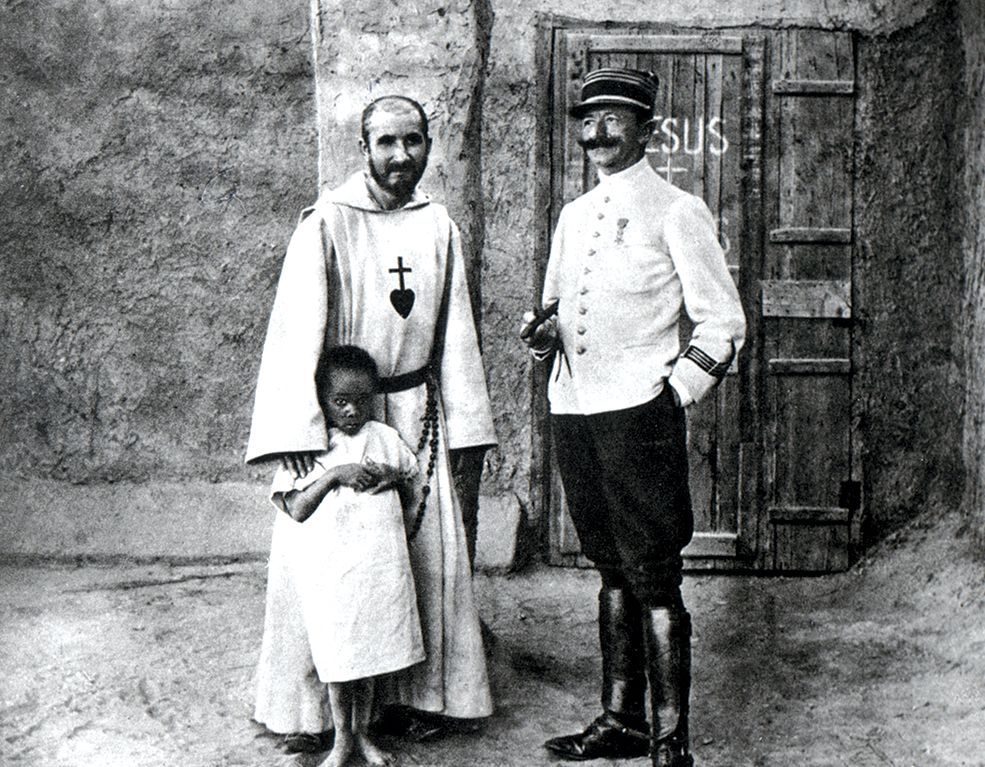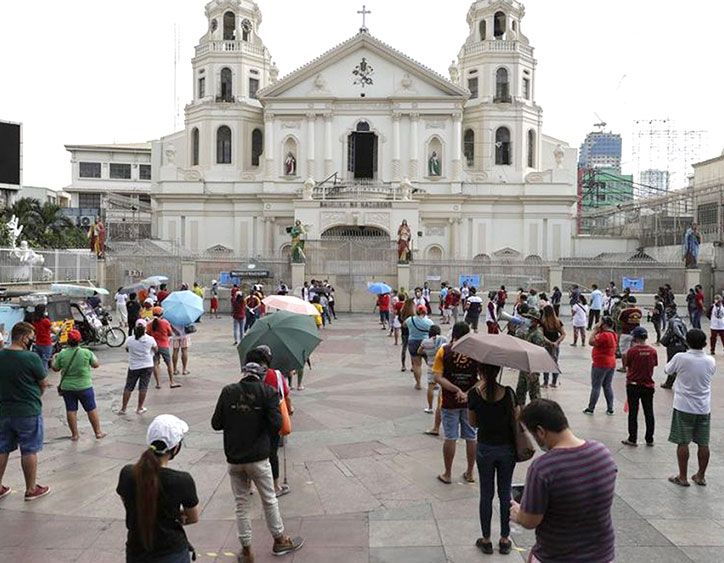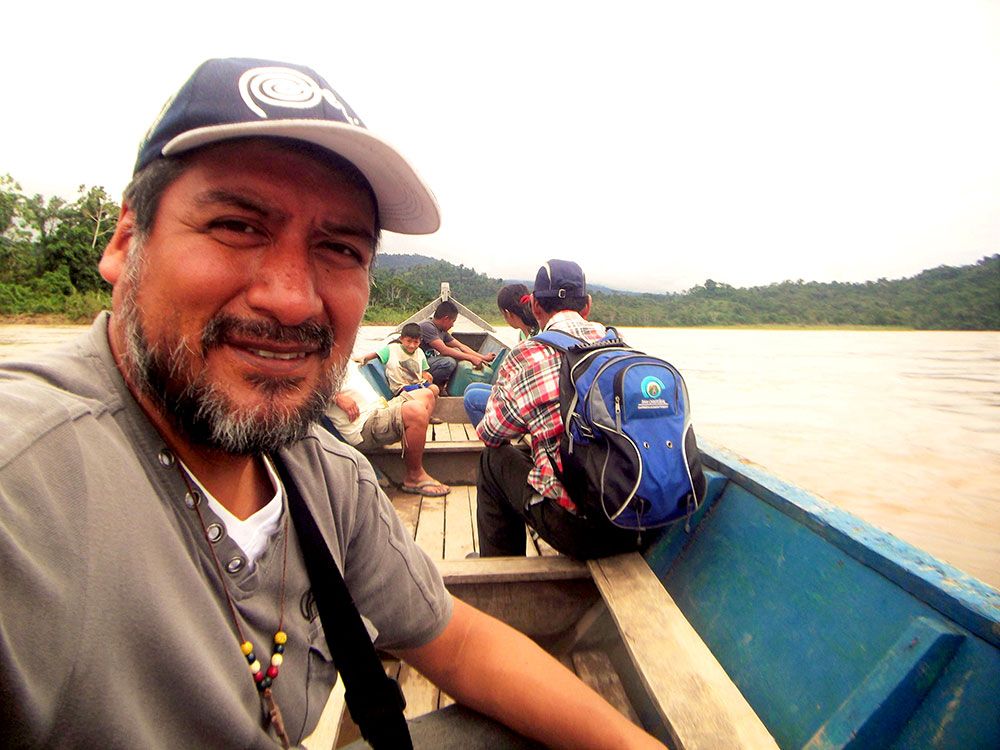Most Rev. Bishop, you have been appointed as Apostolic Vicar of Northern Arabia. What was your reaction to this appointment?
I was astonished because the Gulf has never been considered an area of our missions. I remember that I asked the then-superior general on what I should do: to accept it or not? He told me: “Accept, but don’t ask me for personnel.” At the same time, I was happy because I had seen, some years before, the reality in the Gulf and I was enthusiastic. To have more than 1,000 people at the daily Mass, (compared to) when (I was) in Cairo (where) I had only 4 or 5 people, many can understand my enthusiasm for the Gulf. However, I did not realize the very big challenges that I would soon meet.
When we think of the territories you serve as bishop (Bahrain, Kuwait, Qatar, and Saudi Arabia), we think of a vast Muslim world. How many Catholics are there? Among Christian denominations, are they the biggest?
Surprisingly, there are around 2.5 million Catholics; among them, 1.5 million in Saudi Arabia alone. The Catholic Church is, by far, the most populated Church. There are also many other communities, but there is no comparison with the Catholic Church as far as number is concerned.
Has the number of Catholics remained steady or has it been increasing?
It is always increasing because only the migrants can effectively do the manual work which our countries are in need of. Most of all, although many workers have their job in the oil field, there are also other fields of work: construction of roads, buildings, bridges, etc. There are clear instructions from the various governments to hire local people and to decrease the number of expatriates. But very many types of work can be done only by our poor migrants.
Are Church authorities allowed to evangelize, gain converts among the local citizens? Are there Catholics among the locals?
In all the Arabic countries, the official religion is Islam and conversions from Islam to another religion are strictly forbidden. Meanwhile, it is very easy to convert from any other religion to Islam. Our mission is not to convert. I have been in the Arabic countries for 45 years but never had I witnessed a conversion, never had I provoked a conversion; and never had I expected a conversion. The life of Jesus has many aspects: Jesus who preaches, teaches, heals the sick, prays, etc. and, during the centuries, various religious congregations and orders specially took one of these aspects. What is the face of Jesus that we want to announce? It is Jesus who went to all the towns, Jewish and pagans, doing good to all the people. Our aim is to do good to all, be they Catholics, Protestants, Muslims, Hindus, Buddhists, etc. When we say we want to do good to all, it is not an indirect way to extend the Catholic faith. We just want to do good. That is all. That is the image of Jesus that we want to witness in our relations with the non-Christians.
Among the locals, there are very few Catholics – 3-4 families in Kuwait. In Bahrain, some individuals (who are already Catholics) have been granted the Bahraini nationality; among these fortunate people is myself.
Could you describe how it is to be a Catholic in the Muslim world? Are there restrictions? Or can Catholics freely practice their faith? How about other Christian denominations?
In Bahrain, Kuwait and Qatar, all Christians can practice their faith within the compound of their churches. We have complete freedom of worship inside the churches in these three countries. We cannot have processions or other religious manifestations in the streets though!
If there are restrictions, does this make catechetical instruction difficult? Is the importation of religious books and sacramentals allowed?
Our restrictions, in the three above-mentioned countries, are in the space. We have thousands and thousands of people in our churches and, especially on Friday, our weekly day off, there is no one minute nor one meter of space free. In Bahrain, I received many religious books sent directly to my house without any problem. In Kuwait and in Qatar, we have to follow the regulations of these two countries.
Are Catholics allowed to wear sacramentals, display images, rosaries, Catholic pictures in public?
Yes, inside the compound of the churches. Outside, it can be a provocation to the radicals. However, in Bahrain, Kuwait and Qatar, I always dress, especially outside, in my cassock and wear my pectoral cross and I have always been respected by all. I am the first bishop who dresses in public like that. Understandably, people look at me with curious eyes. I want to think that, in spite of my age (69), they still find me handsome!
Does the government allow churches/shrines to be built? Since when? Any limitations?
Bahrain allowed the building of churches from 1939. The first Catholic church was built in Northern Arabia, 75 years ago. Kuwait allowed the building of a church in the 50’s. Qatar allowed it some 8 years ago. Bahrain has now allowed the building of a second church, which will be the Cathedral of the Apostolic Vicariate of Northern Arabia and will be dedicated to Our Lady of Arabia. The King of Bahrain was so proud to have a cathedral in his country that he made me a national of Bahrain. The land for the Cathedral is his biggest gift to the Catholic Church.
How many Catholic churches or chapels are there in the country? Do you think more churches will be built in the future?
We have two churches in Kuwait, one in Qatar, one in Bahrain and another one coming up soon, the Cathedral. We need two more churches in Qatar and others in Kuwait.
Can you say that the practice of religion in the area you serve is free?
As I said, we have freedom of worship. Everyone can practice his faith within the compound of the church. This is for the three countries: Bahrain, Kuwait and Qatar.
Do Catholics/Christians have a voice in society?
Our faithful are all migrants, hence, they don’t have the passport of the country where they work. They cannot interact with the government nor have an official voice in the society. However, they practically have a very important role in the society through their witnessing as Christians: to spread the love of God everywhere. Their good Christian behavior is a big help for a better society in the country. So we can say that, indirectly, they have a powerful voice in the society.
How about vocations? Are there men and women who are interested to become priests, nuns, or religious?
Extremely few because, here, college is only for the locals, not for the foreigners. So, after secondary school, the student has to leave these countries and go elsewhere for college.
Do you think the freedom with which the Bahraini government is allowing Catholicism to be practiced in its land will soon be experienced in other Middle Eastern countries?
I don’t think so, at least for quite a long time.
Do you think missionaries should increase their efforts to evangelize in these areas, or do you think the current level is acceptable, so as not to antagonize or abuse the government’s goodwill?
Of course, we need more priests. But we cannot have more because of lack of space. The only parish in Qatar serves around 350,000 church-goers! I myself need more priests, but our space is only for 7- 8 priests.
If there are limitations to evangelization, how can missionaries promote the Gospel and the laity express their faith further?
Evangelization through our daily life has no limitations. On the other hand, a good Christian will be always appreciated by all. If what you mean by “evangelization” is conversion to Christianity, this is not our goal, as I have said.
Is there space and willingness for interreligious dialogue?
Yes, in Qatar, they started holding the annual Conference for Interreligious Dialogue eleven years ago. Bahrain had its first Conference from May 5 to 7, 2014.
As a bishop, what are your dreams for the people you are serving?
We have many nationalities and many rites. My dream is to form all these communities into one Catholic Church, not many Catholic Churches beside each other.
You are a Comboni missionary. Does this identity make a difference in your being a bishop in these areas?
For the Muslim world, this area is quite similar to the areas of other Arabic countries. I had asked, from the very beginning of my priestly life, to be sent to the Arabic countries and this happened in 1969. After 45 years, I am still here and am happy to be here, as happy as I was in Egypt and in the Sudan, my previous mission assignments.
Could you share with us a lasting memory from your many experiences during the past years?
I cherish a lot of good memories. These people do strengthen my faith. Their hard life but cheerful disposition inspires me. In spite of the little they make for a living, they can donate a generous amount for a spiritual cause, such as the building of the Cathedral. To them, feeding the body only comes next to feeding the soul!

